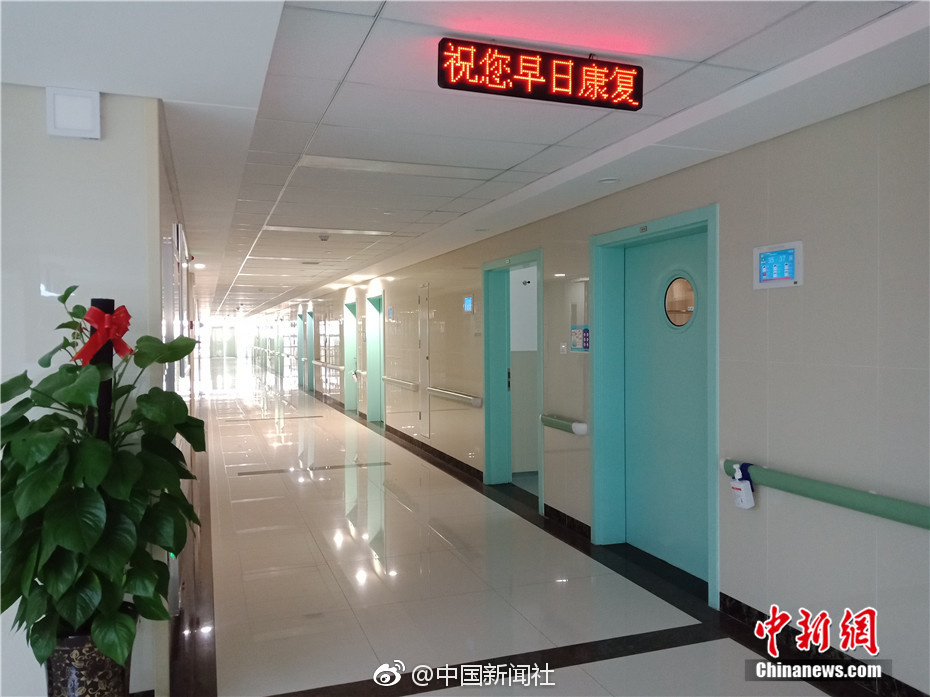
UEFA Champions League-APP, download it now, new users will receive a novice gift pack.
App to watch Champions League live free
author: 2025-01-12 08:49 Bingo Plus stock
Bingo Plus stock
153.63MB
Check Arena Plus login
Arena Plus login
629.68MB
Check UEFA Champions League
UEFA Champions League
292.24MB
Check Hearthstone Wild Decks
Hearthstone Wild Decks
169.19MB
Check UEFA Champions League live streaming free
UEFA Champions League live streaming free
993.63MB
Check Arena Plus login
Arena Plus login
927.71MB
Check Hearthstone arena
Hearthstone arena
748.35MB
Check PAGCOR online casino free 100
PAGCOR online casino free 100
644.88MB
Check Casino Plus
Casino Plus
359.87MB
Check DigiPlus Philippine
DigiPlus Philippine
178.63MB
Check UEFA European championship
UEFA European championship
448.68MB
Check Bingo Plus
Bingo Plus
296.11MB
Check UEFA Europa League
UEFA Europa League
393.23MB
Check TNT Sports
TNT Sports
498.59MB
Check UEFA live free
UEFA live free
125.59MB
Check UEFA Champions League live streaming free
UEFA Champions League live streaming free
864.46MB
Check Casino Plus free 100
Casino Plus free 100
313.67MB
Check Hearthstone Arena class tier list 2024
Hearthstone Arena class tier list 2024
943.84MB
Check Walletinvestor digi plus
Walletinvestor digi plus
889.41MB
Check Hearthstone Wild Decks
Hearthstone Wild Decks
371.13MB
Check LR stock price Philippines
LR stock price Philippines
187.77MB
Check Casino free 100 no deposit
Casino free 100 no deposit
272.15MB
Check Casino Plus
Casino Plus
867.37MB
Check Free sports events uefa champions league app android
Free sports events uefa champions league app android
185.42MB
Check UEFA Champions League live streaming app
UEFA Champions League live streaming app
593.97MB
Check Hearthstone Arena win rate
Hearthstone Arena win rate
521.38MB
Check UEFA TV
UEFA TV
529.76MB
Check Casino Plus
Casino Plus
816.45MB
Check Casino Plus app
Casino Plus app
134.64MB
Check Casino Plus
Casino Plus
758.38MB
Check UEFA Champions League live streaming free
UEFA Champions League live streaming free
147.26MB
Check DigiPlus Philippine
DigiPlus Philippine
921.69MB
Check UEFA European championship
UEFA European championship
947.91MB
Check Casino Plus login register
Casino Plus login register
421.49MB
Check Casino Plus app
Casino Plus app
497.87MB
Check bingo plus update today Philippines
bingo plus update today Philippines
751.27MB
Check
Scan to install
UEFA Champions League to discover more
Netizen comments More
1826 Bingo Plus
2025-01-12 09:09 recommend
1309 Hearthstone arena
2025-01-12 09:06 recommend
1446 Walletinvestor digi plus
2025-01-12 08:48 recommend
2472 UEFA Europa League
2025-01-12 08:18 recommend
2819 100 free bonus casino no deposit GCash
2025-01-12 08:13 recommend